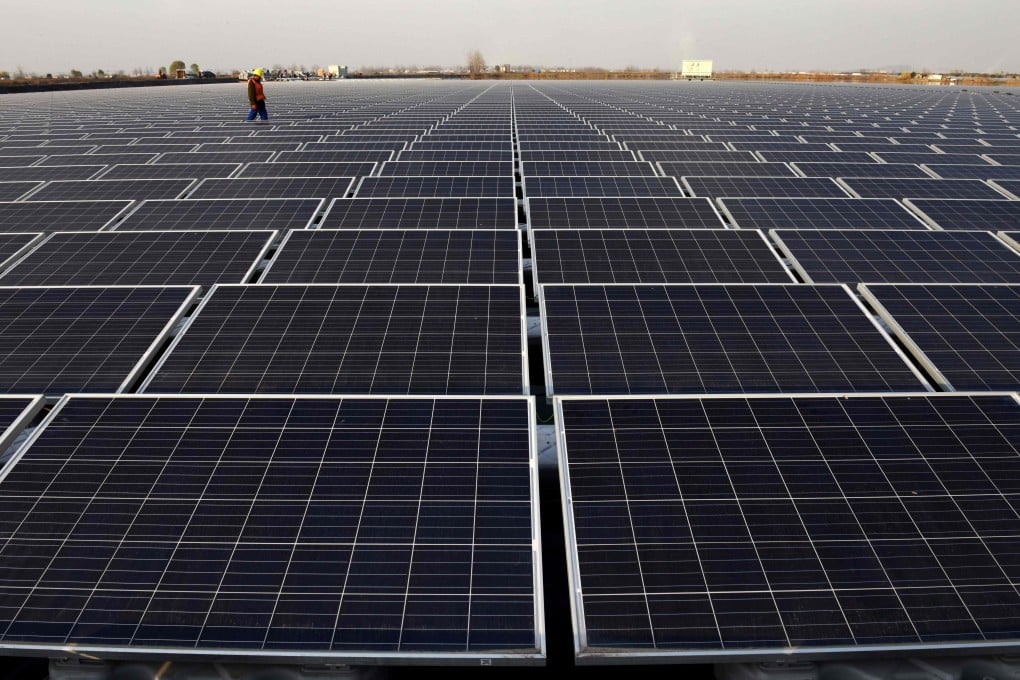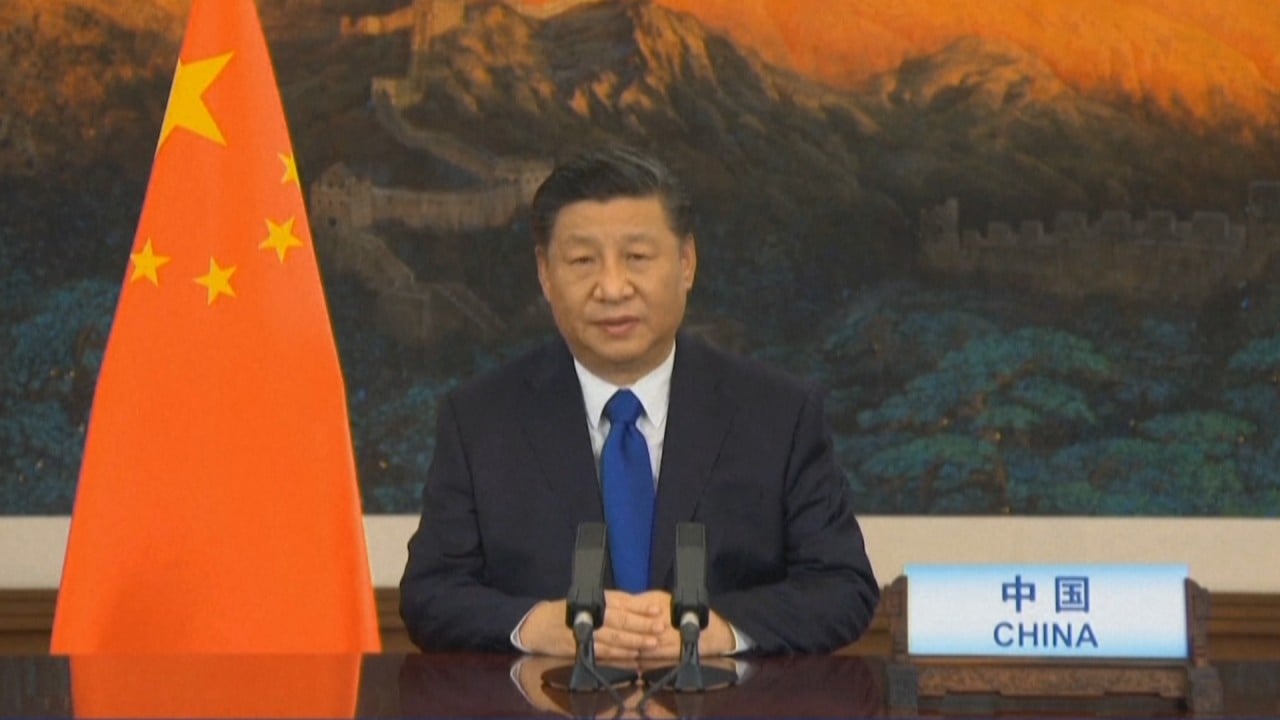Climate change: China’s energy regulator proposes target of 40 per cent renewables by 2030
- NEA also calls for share of power generated by non-hydro renewable sources to be raised to 25.9 per cent, in draft policy document
- Analysts disagree on whether the country could meet the goals within a decade

China’s energy regulator has proposed that the share of renewables in electricity generation be increased to 40 per cent by 2030 to meet the country’s climate targets – up from 28.2 per cent last year.
The National Energy Administration (NEA) also called for the share of power generated from non-hydro renewable sources to be raised to 25.9 per cent by 2030 – from 10.8 per cent last year, according to a draft policy document.
The document was sent to local energy bureaus, development and reform commissions, and several grid corporations on Friday for consultation until February 26.
The NEA document said a target of 40 per cent renewables would help to meet these goals.

01:24
China to reduce carbon emissions by over 65 per cent, Xi Jinping says
According to a report by two research institutes in January, if the share of non-fossil fuels went up to 26 per cent, it would mean China’s total wind and solar installed capacity would exceed 1,600GW by 2030 – far higher than the 1,200GW goal set by Xi.
